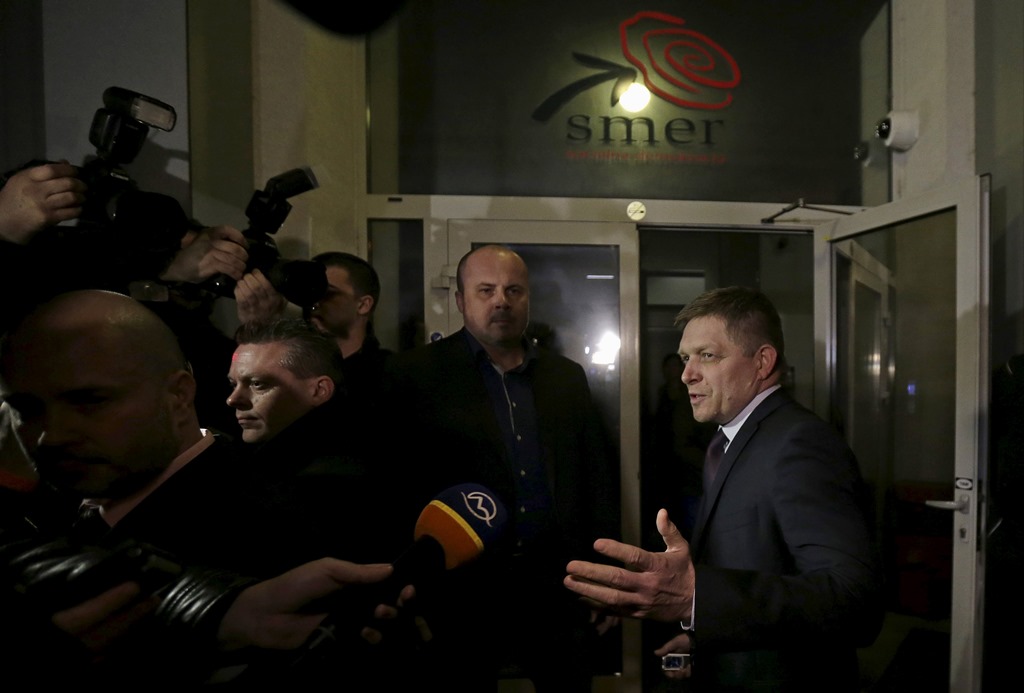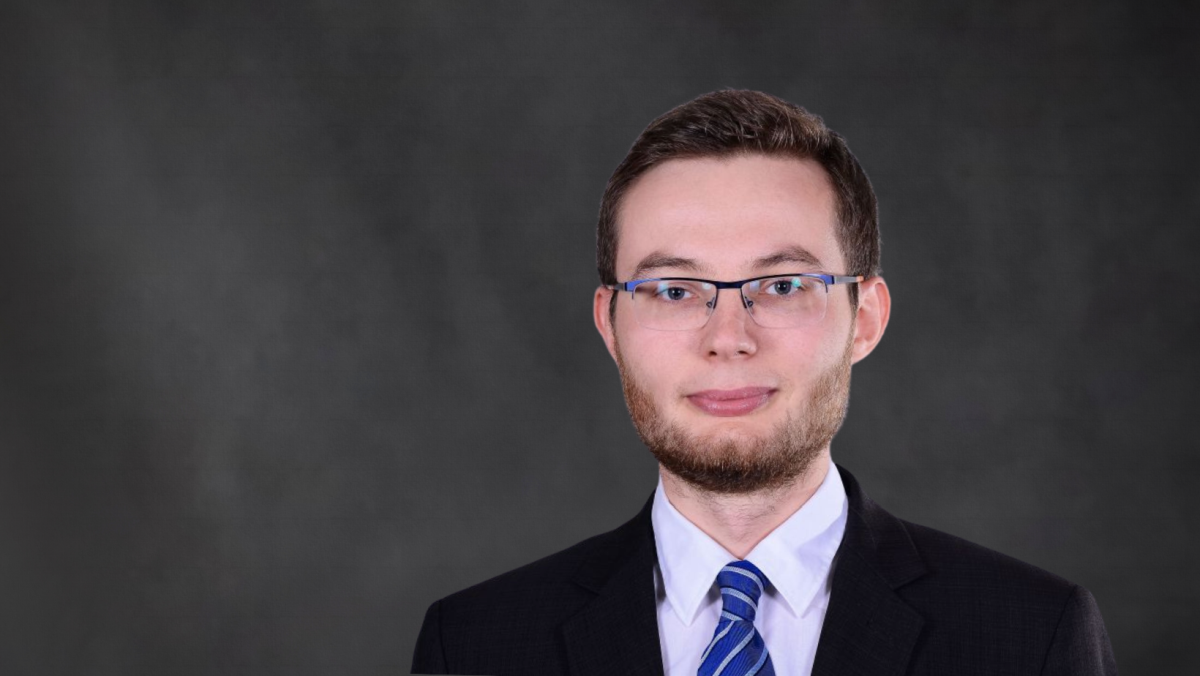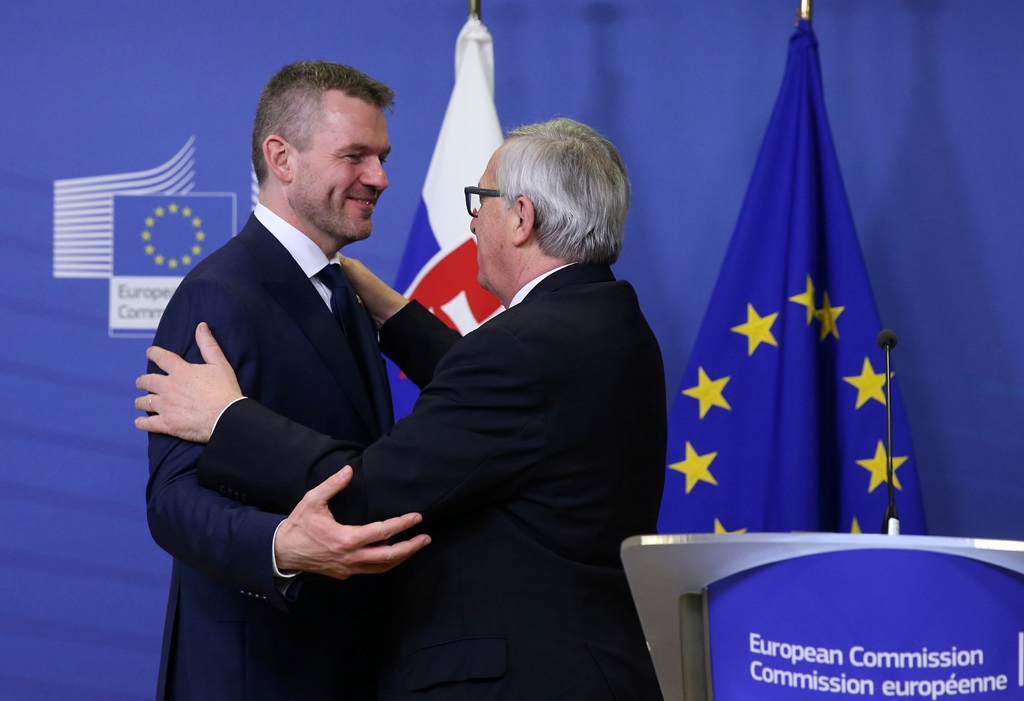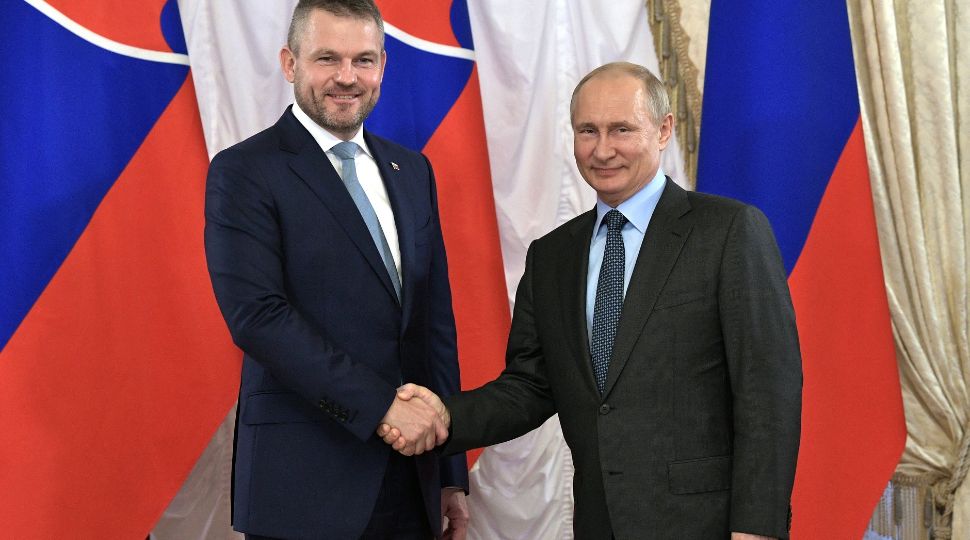
In 2019, Smer (“Direction” in English) celebrates its 20th anniversary. With 22.5% support, it remains the strongest political party in Slovakia. The grouping, led from the beginning by Fico, won four consecutive parliamentary elections from 2006, and in 2016 received over 28% of votes. It has 49 of 150 seats in the unicameral National Council. Domination on the political scene for 13 years did not always translate into being in power (between 2010 and 2012, Smer remained in opposition) or success in presidential elections (in 2014, Fico lost to the current president Andrei Kiska).
In March 2018, Smer faced the first real prospect of an early election while in government. This was the result of protests following the murder of investigative journalist Ján Kuciak and his fiancée. The coalition, which also includes the Slovak National Party (SNS) and Most-Hid, a party of Slovak Hungarians, was saved by the replacement of Fico (in 2006–2010 and 2012–2018) by Peter Pellegrini. His popularity in society, second only to the popularity of the president, improved the government's ratings. Kuciak’s murder caused a slight drop in support for Smer year on year (from 24.8% at the end of 2017), but still affects Social Democracy. Recently, contacts on behalf of Smer’s Martin Glváč, between the deputy chairman of the parliament and one of the four people accused of the murder, came to light. At the end of January, Tibor Gašpar, already dismissed as president of police of Slovakia in connection with the case, had to leave the Ministry of Internal Affairs.
Before the Elections to the European Parliament
Polls indicate that Smer will again win four seats in the EP. Slovakia will receive 14 seats (one more than before) as a consequence of the United Kingdom’s departure from the EU. The fragmentation of the Slovak political scene works in favour of Smer, a member of the Party of European Socialists. For example, members of seven parties sit in the national parliament, and it proved impossible to create a new political party on the wave of last year’s protests under the slogan “For a Decent Slovakia.” Therefore, even the largest opposition parties (conservative Freedom and Solidarity (SaS) and Ordinary People and Independent Personalities (OL’aNO), both associated with the Alliance of European Conservatives and Reformists (support for which currently stands at about 12%) would each win only two seats in the EP. It is likely that Most-Híd, the Christian Democratic Movement (European People’s Party), Progressive Slovakia (the Alliance of Liberals and Democrats for Europe), We Are Family, the People’s Party of our Slovakia and SNS from the government coalition would win one seat each. It will also work in Smer’s favour if there is further distraction of the right-wing electorate and a party of former politicians from OL’aNO and the Christian Democratic Movement is formed.
Smer will also benefit from the economic situation and the most important macroeconomic indicators, with GDP growth at 4.6% for the third quarter of 2018, a balanced budget, and a decrease in unemployment to 6.6%. This made the implementation of a more generous social policy possible. Pellegrini’s government also points to the benefits of fiscal stability resulting from the introduction of the euro by Fico’s cabinet in 2009.
With a good result in the EP elections, Smer wants to reverse the negative trend begun by the results of the local government elections in the last two years. In November 2018, the party’s influence was limited at mayoral level (support fell to 20.4%, from 29.1% in 2014) and in city councils and communes (a drop in support from 24.7% to 17.9%). In addition, the November 2017 elections of eight regional authorities reduced the number of chairmen supported by Smer from six to two. The final and penultimate local government elections were won mostly by independent candidates.
Fico as Candidate for the Constitutional Court
After his resignation as prime minister last year, Fico’s election to the Constitutional Court would not affect Smer’s position negatively. The former prime minister’s candidacy indicates Fico’s attempt to make a prestigious departure from politics. In February this year, nine out of 13 Constitutional Court judges end their term. The president will appoint their successors for a 12-year term, from among 18 candidates selected by parliament. If this process is prolonged, perhaps for procedural reasons, it may result in Kiska’s successor appointing some of them.
Opposition objections to Fico’s candidacy concern the constitutional requirement of a minimum 15 years of experience in the legal profession. There are also doubts that, as a judge of the Constitutional Court, Fico could give his opinion on laws he co-created while in parliament. There are concerns that a move to the Constitutional Court by the country’s leading politician for more than a dozen years could affect the independence and impartiality of the court.
Šefčovič’s Candidacy for the Office of President
Šefčovič announced on January 18 his intention to run in Slovakia’s presidential election, the first round of which will take place on 16 March. His candidacy, backed by Smer, is an attempt to validate the party’s pro-EU rhetoric. Šefčovič is not a member of Smer, although, he did run for the EP election in 2014 on the Smer list. Šefčovič’s candidacy could benefit from the fragmentation of the opposition and the resulting plurality of its candidates. Kiska, as acting president and in opposition to the current government, will not seek re-election.
The announcement of Šefčovič’s candidacy is also aimed at strengthening Smer before the European elections. This is proven by Šefčovič’s rich experience in the EU administration, and his post as European Commissioner for the Energy Union. In this role, he criticised the creation of the Nord Stream 2 gas pipeline and was involved in negotiations on maintaining the transit of Russian gas through Ukraine, which are also in the interests of the Slovak government.
Conclusions and Prospects
Smer’s dominant position will translate into victory in the EP elections. Kuciak’s death, which led to the resignation of the long-standing prime minister, did not cause a significant decrease in support for the party. However, the connections between the party’s politicians and those accused of murder limit the possibilities of winning more support among the electorate. Fico’s planned departure from politics will not affect the popularity of the party. In such a situation, Pellegrini’s likely takeover of the party’s leadership could contribute to the unification of Social Democrats’ policy. It can be expected that the Slovak government’s foreign policy, including within the framework of cooperation in the Visegrad Group, will be unchanged, especially as Miroslav Lajčák is likely to remain minister of foreign affairs.
The fragmentation of the Slovak opposition and Smer’s support for Šefčovič, who is not associated with the domestic political disputes, makes him the current favourite in the presidential election. Thanks to his candidacy, it will be possible for Social Democrats to focus public attention on European integration even before the EP campaign. This is intended to make Smer more credible, strengthening its chances to maintain Slovak Social Democracy’s leading position in the European Parliament.
Victory for Šefčovič would mean closer cooperation between the president and the government, including in the sphere of external policy, strengthening its cohesion. In addition, his European experience would probably lead to further criticism of Russia’s activities, including the construction of Nord Stream 2. In the event that Central European countries fail to reach consensus on Russian activity, such a position would nevertheless be aligned with Poland’s stance. At the EU level, Šefčovič’s duties in the European Commission are being filled by Miguel Arias Cañete, EU Commissioner for Energy and Climate Action. Cañete, like Šefčovič, is critical of Nord Stream 2.







